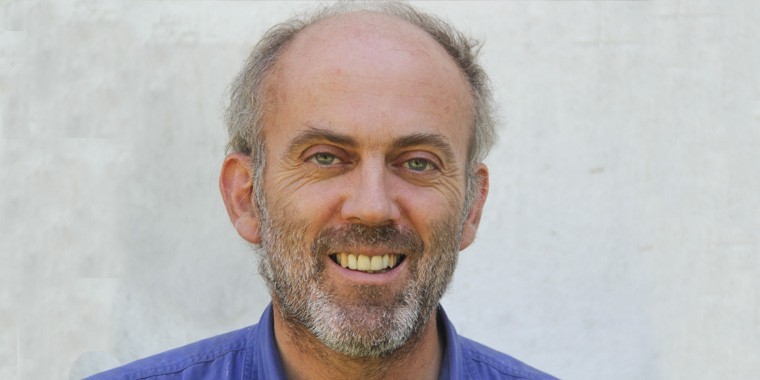A wet autumn followed by a wet spring and then an early summer drought have produced a dismal result. Oh well, at least there is the Basic Payment Scheme to fall back on. For now.
My problem, in terms of contemplating life without the BPS post-Brexit, is that I can’t remember a harvest in a 40-year arable farming career where I wasn’t aware of my reliance on EU subsidies of one sort or another to make a living.
I was only 14 years old when Britain joined the EU in 1973 (or EEC as it was called then) but I was already driving combines and I can remember my father climbing up onto the driver’s platform of a cabless Massey Ferguson 500 alongside me, and him being very excited by the sight of a bumper wheat crop flowing into the grain tank. But I also remember him shouting into my ear (this being so long ago ear protectors were not yet invented) “What are they going to do with it?”
By ‘they’, he was referring to the EU bureaucrats and politicians who had devised a farm policy that guaranteed farmers high grain prices whatever the level of production. By ‘it’ he was referring to the wheat that was already in big structural surplus within the EU.
If prices started to fall, the EU stepped in and started buying up grain and then transported it to ‘intervention stores’. In no time at all the EU had a range of grain mountains to rival the Alps.
That policy eventually ran out of taxpayer money, but a new policy of ‘export restitutions’ took its place. This again promised the farmer a guaranteed price at the farm gate, with values rising incrementally each month from harvest. So, EU internal grain prices were maintained at artificially high levels.
That policy too quickly lost favour as the EU was accused of dumping surplus production and ruining farmers in less economically developed countries who were trying to produce grain without subsidies. From there we moved in the 1990s to ‘Arable Area Aid’ under the MacSharry Reforms and in more recent times our beloved BPS, which pays us all a fair whack whatever farming we do or don’t do.
But now all this taxpayer largesse is due to be done away with, and claimants of the BPS are due for an uncomfortable withdrawal of payments by 2027.
My father is long gone but his questioning of the logic of open-ended EU farm subsidies at the very beginning of Britain’s membership has proved valid. We are about to reject such policies post-Brexit. But the UK’s membership of the EU has more or less spanned my entire farming career. So I am now of an age that whatever happens once the BPS is finally phased out in seven years time won’t worry me much.




